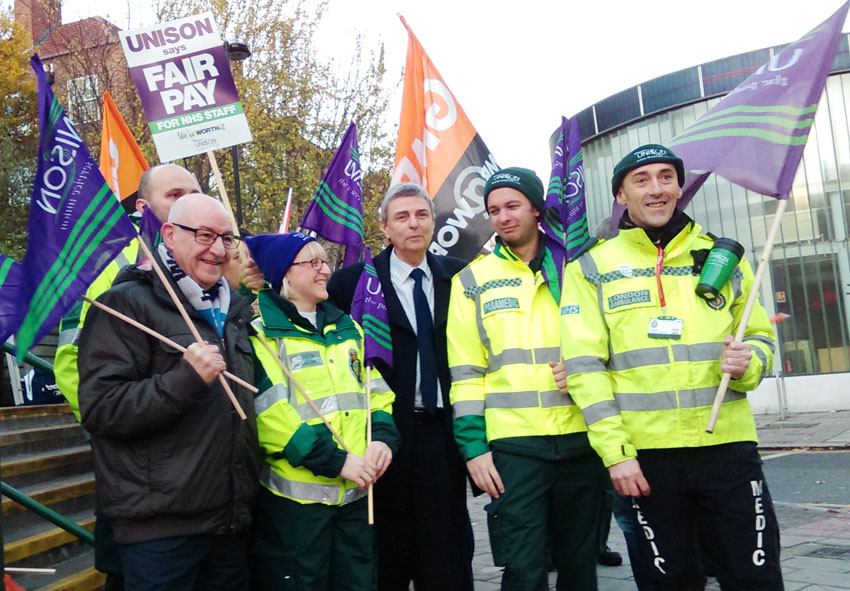THE Care Quality Commission has warned all private ambulance providers that, during its inspections, it found ‘problems with the safety’ of the care they offer.
The regulator said these ‘might not be isolated findings’, in a letter to independent providers sent today. Professor Mike Richards, the chief inspector of hospitals at the CQC, is concerned some private providers ‘may be putting patients at risk.’
The CQC also said that to date it had issued enforcement action against 76% of the providers it has published inspection reports on. It has inspected 70 independent ambulance providers and published 39 reports on 33 independent providers. It has issued requirement notices to 25, ordering them to improve.
It also cancelled the registration of two of these providers: Plymouth Central Ambulance Service and Intrim Medical and Rescue Services. The providers were closed down to ‘protect the safety and welfare’ of patients after the inspectors found ‘very poor practice’ at both.
The CQC has highlighted concerns common across these reports. These include:
• a lack of attention to ‘fundamental safety processes’ and concerns with risk governance at some providers;
• a failure to check if staff have had Disclosure and Barring Service background checks or have the correct driving licence for their role;
• problems with the cleanliness and maintenance of vehicles and equipment, along with inappropriate medicine storage;
• poor incident reporting, with staff not always recognising safeguarding concerns; and
• patients often finding it difficult to make a complaint, and failure to learn from complaints.
The CQC’s Richards said: ‘Having inspected around 20% of the independent ambulance providers registered in England so far, we are concerned that some may be putting patients at risk.
‘Patient safety must be a priority at all times. Vehicles used to transport patients must be clean and fitted with the right equipment, staff must be appropriately trained and supported to carry out their roles effectively, and medicines must be stored securely and administered by staff trained to do so.
‘We expect providers to deliver on their commitment to provide safe, high quality and compassionate care and we will do everything within our powers to ensure this happens.’
‘Independent’ ambulance providers, including charities and private businesses, mainly offer specialist patient transport services and non-emergency responses, often on behalf of the NHS.
Some provide 999 emergency responses during peak demand. Overall, these providers operate in 310 locations.
The CQC plans to complete its inspection programme of all 260 independent ambulance services by the end of March 2018. This will include follow-up inspections of providers where concerns have been identified already.
